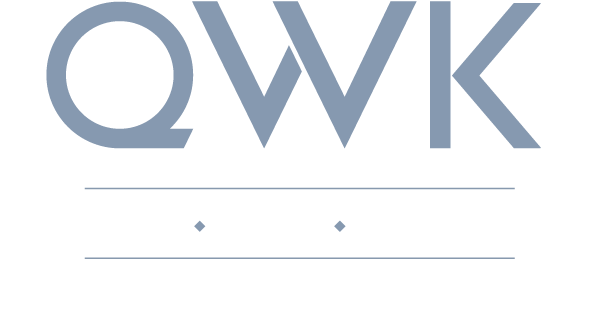Motor Vehicle Accidents
Overview
Motor vehicle accidents are one of the most common causes of personal injury. In Ontario we have a no-fault system of accident benefits as well as the ability to bring a claim for damages in tort based on fault. At QWK we represent those who have been injured in a motor vehicle accident regardless of fault.
Common Injuries
- Traumatic brain injury (TBI)
- Spinal cord injuries
- Concussion
- Dog bites
- Fractures
- Amputation
- Disfiguring facial injuries and scars
- Neck, back and shoulder injuries
- Hip, knee, foot and ankle injuries
- Lacerations and bruises
- Soft tissue injuries
- Whiplash
- Depression
- Anxiety
- Post-traumatic Stress Disorder (PTSD)
What Are Accident Benefits?
If you’ve been injured in a motor vehicle accident, you may be eligible to receive accident benefits, regardless of who is at fault for the accident. This no-fault system of coverage in Ontario is governed by the Statutory Accident Benefits Schedule (SABS) and, subject to some exclusions, provides accident benefits regardless of whether you are covered under your own policy of automobile insurance.
The following accident benefits may be available to you depending on your injuries, employment status, treatment needs, and insurance policy:
- Medical / rehabilitation benefits
- Attendant care benefits
- Income replacement benefits
- Non-earner benefits
- Caregiver benefits
- Death & funeral benefits
- Other expenses (i.e. lost education, visitor expenses, housekeeping and home maintenance, damaged clothing and other belongings, cost of examinations)
Read More
To apply for the above accident benefits, you must submit specific forms to the insurance company. This should be done as soon after the accident as possible. Once submitted, the insurer can either pay the benefit, deny the benefit, or demand that you attend an assessment to determine whether you qualify for the benefit.
There are limits to how much is payable for each benefit, depending on the severity of your injuries and the insurance policy responding to the claim. For example, medical/rehabilitation benefits are only payable for 5 years following the accident if you’re injuries are deemed non-catastrophic.
In most cases, the insurance company will deny a benefit prior to the benefit expiring under the policy. If and when this happens, you may dispute the denial by applying to the License Appeal Tribunal (LAT). The LAT is an independent, quasi-judicial agency that oversees disputes between insurance companies and their insureds. The LAT dispute resolution process could lead to one of three outcomes: 1) resolve the issues in dispute, 2) settle the entire claim for accident benefits on a full and final basis for a lump sum amount of money, or 3) proceed to an arbitration hearing to determine whether the insurance company was correct in denying the benefit.
What Is A Tort Claim?
If you’ve been injured in a motor vehicle accident and someone else is at fault for the accident, you may be able to recover money or “damages” from the defendant to compensate you for your losses. This is called the negligence or “tort” claim.
There are generally four categories of damages you may recover in the tort claim:
- Pain and suffering
- Loss of income
- Future cost of care
- Loss of household and home maintenance capacity
In addition to the above, you may also recover damages for any out-of-pocket expenses that were not reimbursed by your accident benefits insurer
Read More
To recover damages in a tort claim, you must prove the following: 1) that the defendant is at fault for the accident (i.e. liability), and 2) that the accident caused or contributed to your losses under each respective category of damage (i.e. causation).
Proving liability and causation depends on the evidence, which can include any police notes, photographs, clinical notes and records of hospitals and family physicians, employment files, tax returns, prescription summaries and academic records, to name a few. It is crucial that evidence is collected as soon after the accident as possible, and continues to be collected until settlement or trial in order to secure the best possible outcome for you and your family.
We Are Here to Help,
No Matter The Problem.
What Our Clients Say


hoped for...





